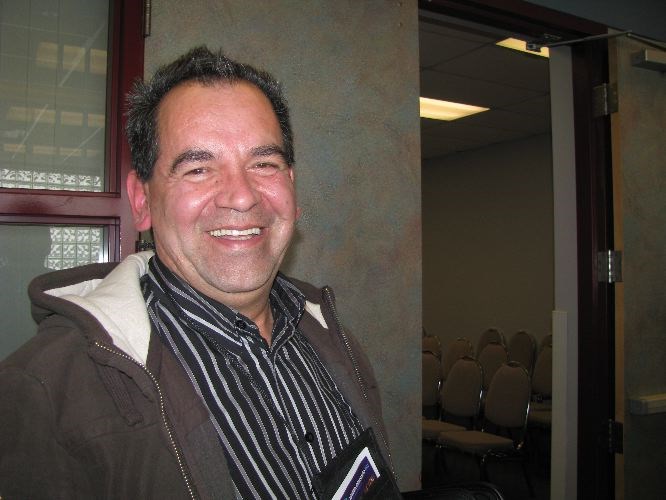Doing business with a first nation takes more than just exchanging business cards, it means establishing a relationship, acknowledging history and culture and being well aware of protocol.
Those was one tip heard during a workshop Wednesday at the Aboriginal Business Match 2012 conference at the Civic Centre.
Another tip is simply showing up is the wrong first step.
"Request permission to enter a traditional territory," Brenda Ireland, one of two presenters at the workshop emphasized.
He added a letter to the chief and council or a call to the band office is the way to go.
Other basics include knowing the first nation's political affiliation, whether they're in or out of the treaty system, whether they're independent or part of a larger group, and making a best effort to pronounce the band's name.
"If you slaughter it, at least you tried," said Ireland, who operates First Light Initiatives, aboriginal community and economic development strategy consultants.
Also, silence does not mean yes.
"Too often, industry or government representatives come and make these wonderful Powerpoint presentations and they show all the maps and the graphs to a very respectful audience who didn't provide much feedback or didn't express a whole great deal of concern," Ireland said.
"And so, they walk away thinking it's all fine. No it's not. They're not going to tell you because that would be disrespectful but silence does not mean yes. In fact, quite often, silence will mean no."
And patience is a virtue.
"If you're a corporation and you've got a timeline and you're going to be in there in three years, that's not how it works," Ireland said. "There are a lot of things to think and consider if you're thinking about what this decision is going to mean for the seventh generation."
Co-presenter, Paulette Regan, a University of Victoria professor and a senior program advisor for the federal Truth and Reconciliation Commission, shed light on the difference in perception among aboriginal and European people.
While Europeans often take a celebratory view of settling new lands, nation building and "helping 'unfortunate' Indians adjust to a new way of life," for first nations it's a painful story of broken treaties, stolen lands, Indian residential schools and the Indian Act, said Regan.
As such, there is plenty of distrust to overcome.
The advice from Ireland and Regan won an endorsement from Vince Prince, executive director of the Aboriginal Business and Community Development Centre (ABCDC) in Prince George.
"You have to understand you can't just do it in a quick process, especially if you want to build a relationship," said Prince, who took over from Ray Gerow in October.
The ABCDC is there to help.
"We can explain some of the different protocols and give you actual names and phone numbers of people who can assist you," Prince said. "And depending on what the product is, we'll set you up with health directors, education departments, all those kinds of things."



